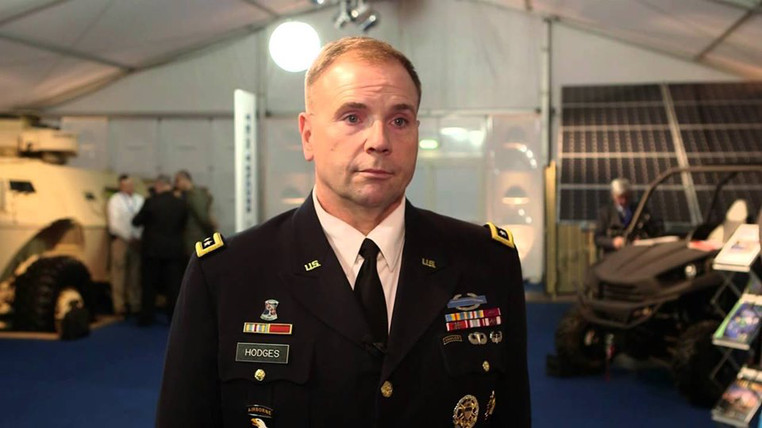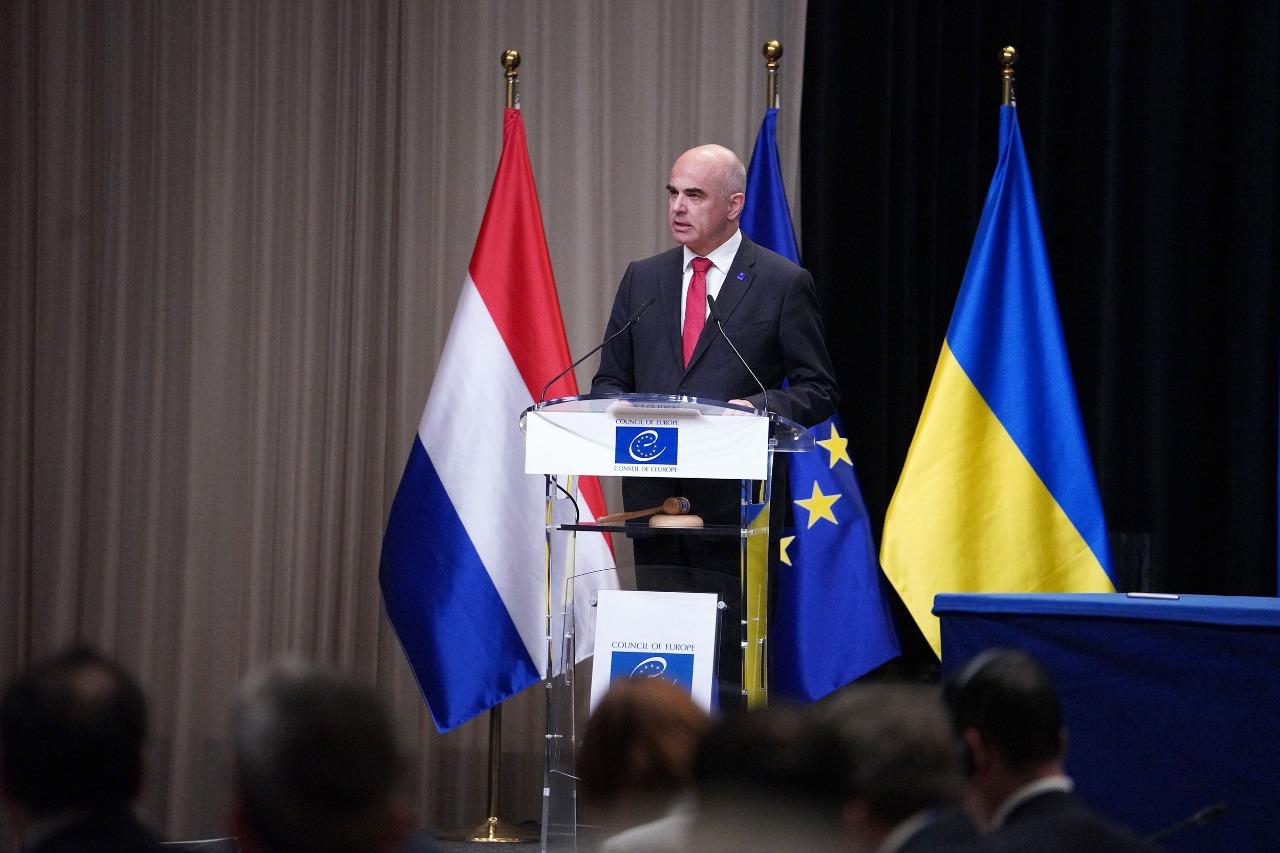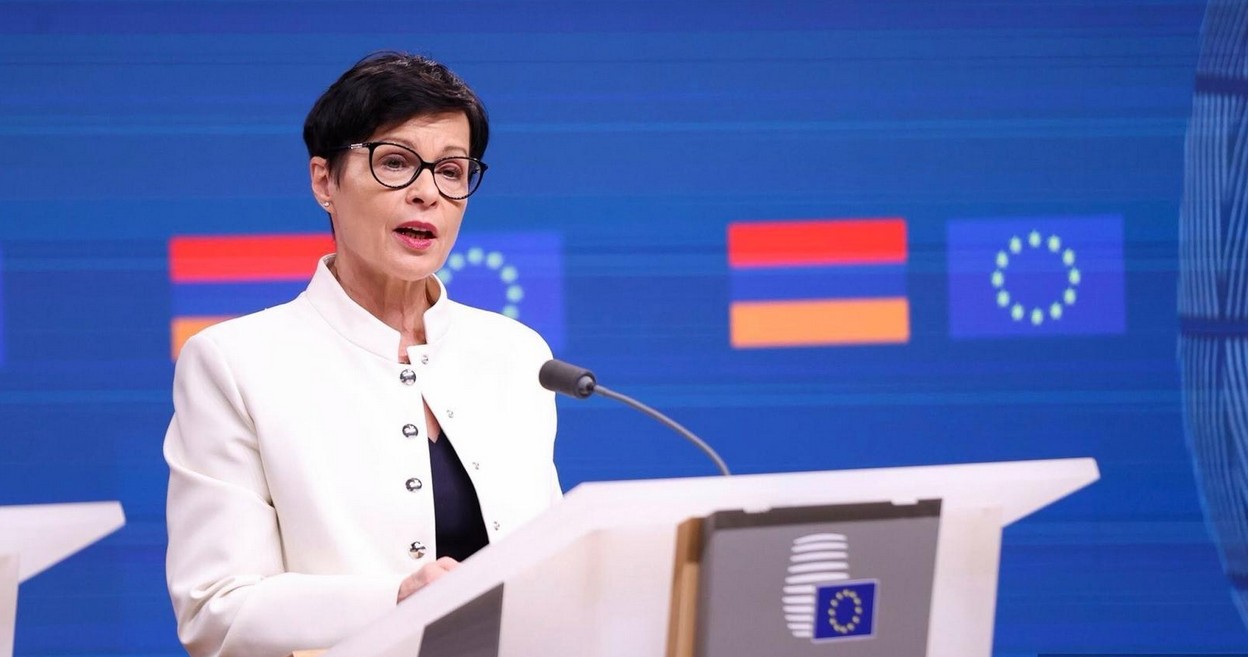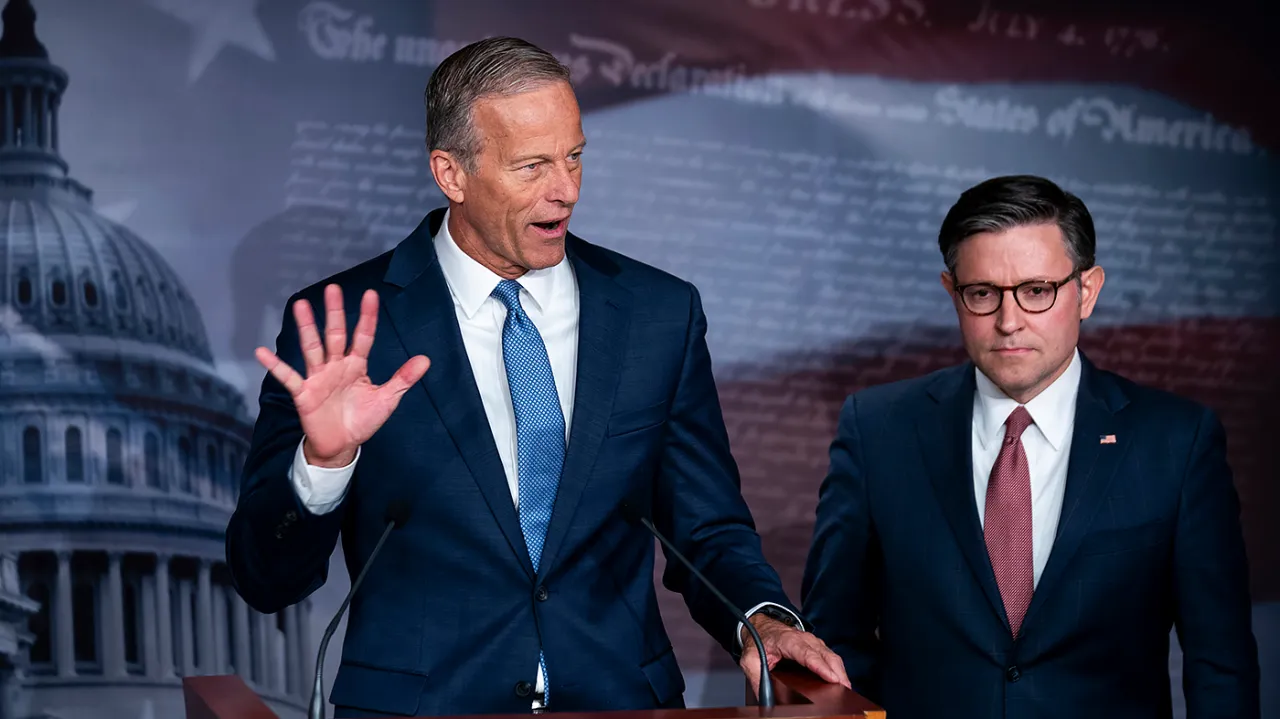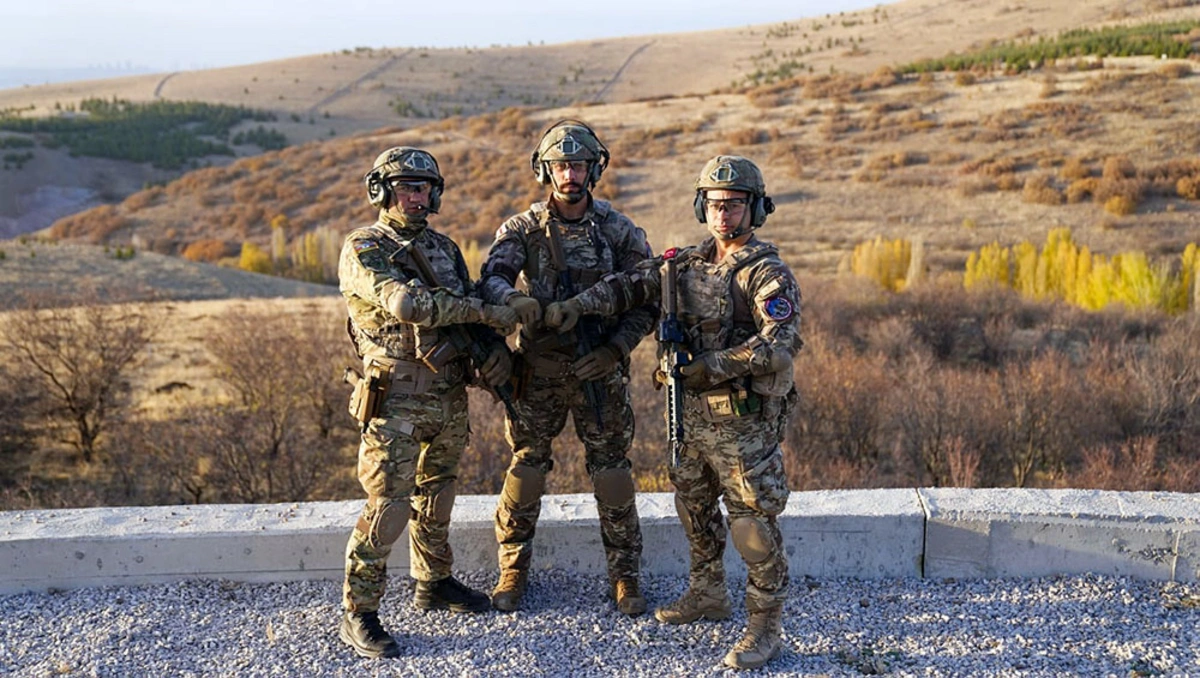Despite a Russian-brokered truce agreed on October 10, fighting between Armenia and Azerbaijan has continued.
Armenia and Azerbaijan have accused each other of violating humanitarian ceasefires in Nagorno-Karabakh.
Ben Hodges, former commander of the US Army in Europe hopes that the conflict can be resolved as soon as possible via negotiations.
“I hope that the conflict can be resolved as soon as possible via negotiations. This is a potential proxy conflict between Turkey and Russia that needs be resolved. I anticipate that the Kremlin step in soon. And it seems that Turkey is making some sort of agreement with Russia re Turkish troops in Syrian in order to mitigate Kremlin reactions in Nagorno-Karabakh. We are seeing a new development in the use of drones as a key part of warfare. The Armenians seem to be slow in adapting to this. So we are all going to need to pay attention to this and figure out how to take advantage of this technology ourselves and to develop capabilities to counter these capabilities. We also need to develop our capability to avoid detection, not only from visual detection, but also from detection of thermal signature and electro-magnetic signature,” Hodges told the Europetime.
As he said, “it is important that Azerbaijan not to overreach so that the Kremlin doesn’t step in.”
“But avoiding overreach and hubris is always difficult when things seem to be going well,” Hodges added.
As for international involvement in the process, Hodges said that the United States should always step forward to help with conflict resolution.
“The United States should always step forward to help with conflict resolution. But we really need to work closely with our allies, especially Germany. Germany is our most important ally and is probably the only government that can influence Kremlin behavior. The U.S. should work closely with Germany on conflict resolution here as well as in the Eastern Mediterranean and in Belarus,” he told the Europetime.
According to him, one of the worst outcomes of this entire situation would be Russian “peace keepers” in Nagorno-Karabakh.
“This region is key, because it is the only East-West route that bypasses Russia and Iran. So, if Russian “peace keepers” end up there, it could disrupt East-West air traffic, energy distribution and telecommunication routing,” he added.
When asked, about major infrastructure projects on the Black Sea in Georgia, such as the port of Anaklia, the construction of the Batumi port terminal (which is carried out by direct investment from the United States) and the Russian resistance to these projects, Hodges said:
“Russia does not have right to determine what is best for Georgia. Only the people of Georgia have right to make that decision, regardless of what the Kremlin thinks is best.”


